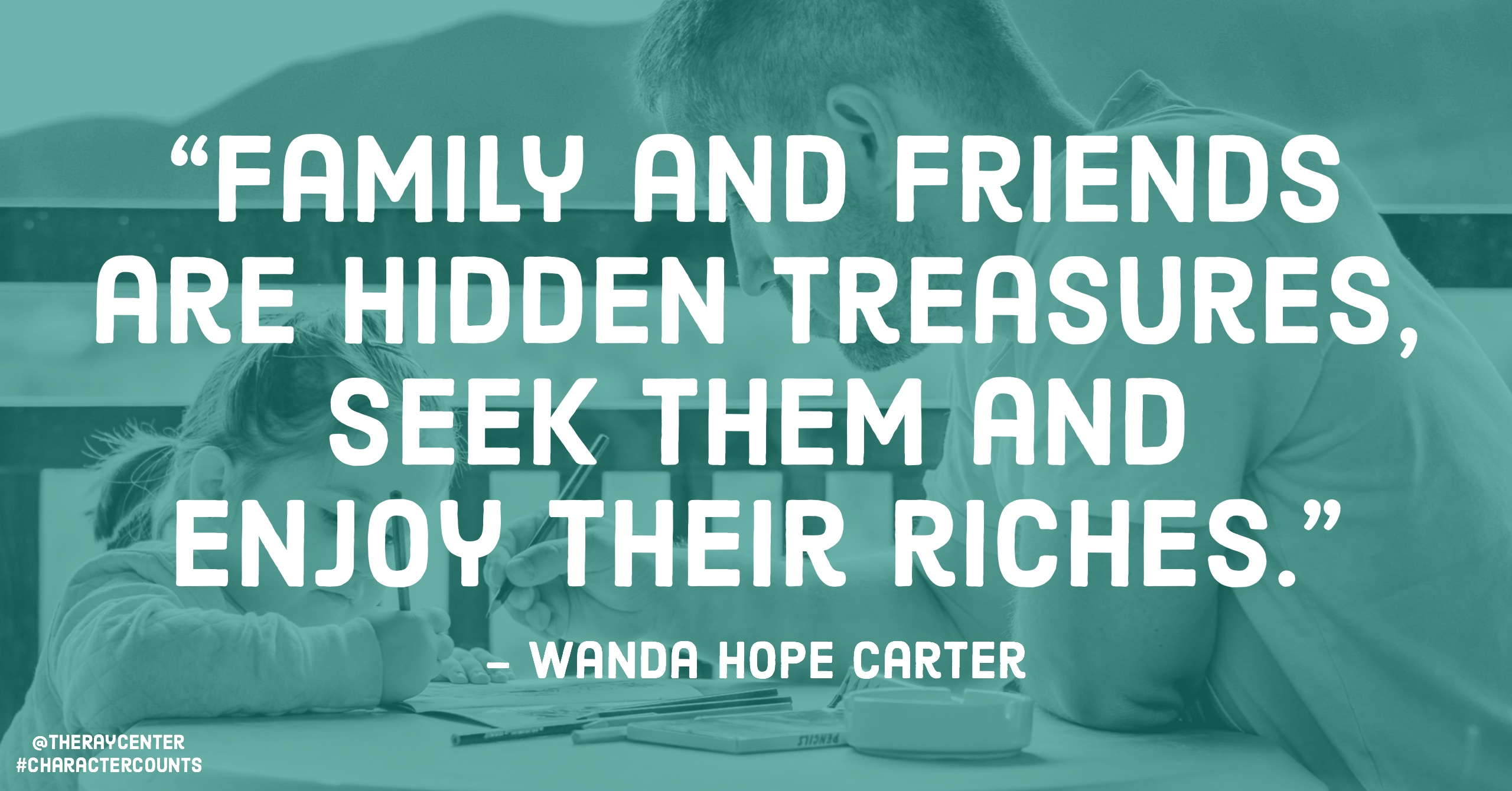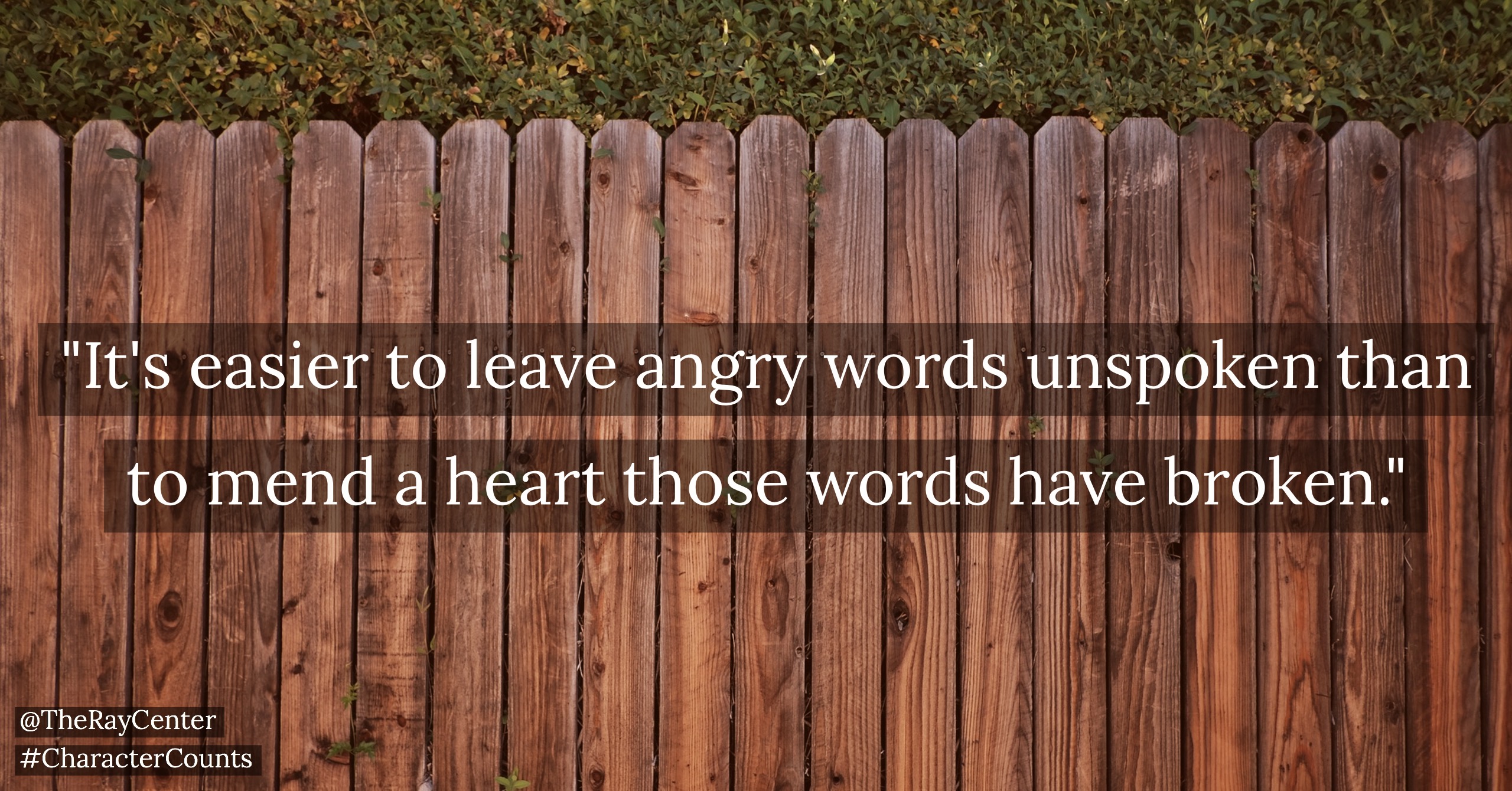A parent’s love
From our guest contributor, Michael Josephson.
There are all kinds of love. The passionate romantic love immortalized and often fantasized by poets and novelists; Platonic love among friends, the love of humanity preached bymissionaries and ministers, the love of country, and even the love of our work. I’ve been fortunate to have experienced all of these forms but none has impressed me more than the deep, enduring and totally unselfish love I feel for my children. That’s why I “love” this parable.
A 6-year-old girl I’ll call Sarah knocked over a display case that contained a much-cherished vase once owned by her great-grandmother. Her mom loved that vase and frequently referred to it as the family treasure. The vase hit the floor with a loud crash and shattered into pieces. Sarah, shocked and frightened at what she’d done, screamed and began sobbing.
Her mom came running into the room fearing the worst. Seeing the shattered vase, her heart sank. Then she saw Sarah sitting on the floor wailing. “I’m sorry, Mommy. I’m sorry, Mommy. I broke the family treasure!”
Seeing despair on her daughter’s face, the mother’s heart plunged further.
Faced with two powerful and conflicting instincts – one toward anger and blame, the other toward compassion and forgiveness, she sat next to Sarah, pulled her on her lap, and kissed her tears. “Sweetheart, when I ran in here, I was terrified that something bad had happened to our family’s most precious treasure. But thank God, you’re okay. Sarah, you are the family treasure.”
Sarah’s mom turned what could have been a painful incident and a lifelong source of guilt into an enduring source of affirmation and worthiness.
I wonder if I would have had the presence of mind to realize in the instant after an upsetting event that I could choose my reaction and that my choice would have a permanent impact on someone I love.
The reaction of Sarah’s mom was nothing short of heroic and stands as a reminder that, even in the face of powerful emotions, we do have choices – and they really matter.
This is Michael Josephson reminding you that character counts.
*This is my variation of a parable told by Rabbi Steven Carr Reuben, which in turn was derived from a true incident from one of his congregants.
Learn more about character education.


